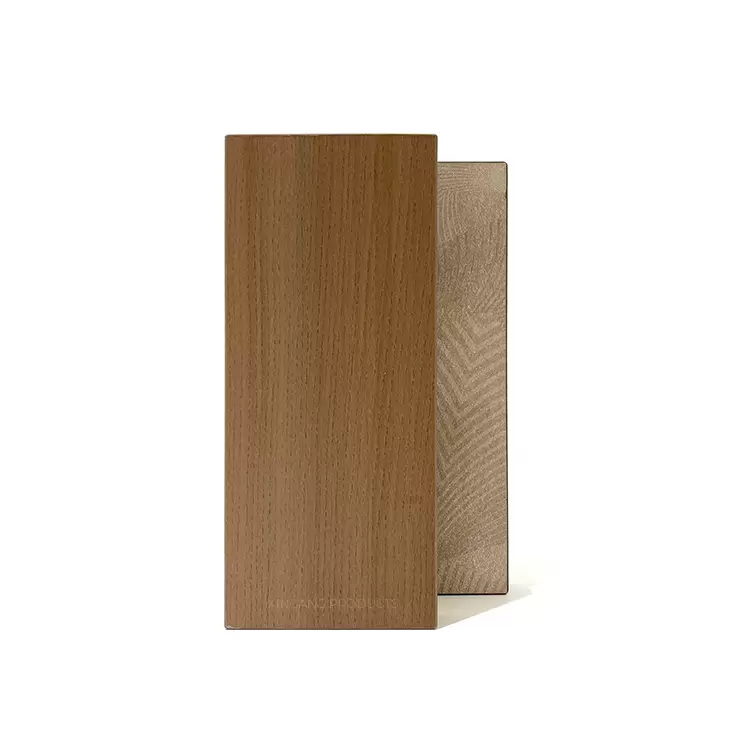Unveiling the Secrets: Where Do Contractors Source their Materials?

In the construction industry, contractors play a vital role in bringing architectural visions to life. However, one question that often arises is, Where do contractors buy materials? This blog post aims to delve into the depths of this topic, exploring the various avenues contractors utilize to source high-quality materials for their projects. From traditional suppliers to online marketplaces, we will uncover the secrets behind contractors' material procurement strategies.
- Local Building Supply Stores:
Contractors often rely on local building supply stores as their go-to source for construction materials. These stores offer a wide range of products, including lumber, cement, plumbing fixtures, electrical components, and more. With their extensive inventory and knowledgeable staff, contractors can find everything they need conveniently in one place. Additionally, local stores often provide personalized service and establish long-term relationships with contractors, ensuring timely deliveries and competitive pricing. - Specialized Suppliers:
For specific construction projects requiring unique or specialized materials, contractors turn to specialized suppliers. These suppliers focus on niche markets, offering a vast array of products such as eco-friendly materials, high-end finishes, or energy-efficient solutions. By partnering with specialized suppliers, contractors can access cutting-edge materials that meet the project's specific requirements, ensuring superior quality and customer satisfaction. - Online Marketplaces:
In the digital age, online marketplaces have revolutionized the way contractors source materials. Platforms like Amazon Business, Alibaba, and Home Depot Pro provide contractors with a vast selection of products, competitive pricing, and the convenience of doorstep delivery. Contractors can browse through catalogs, compare prices, read customer reviews, and make informed decisions without leaving their office. Online marketplaces also offer a platform for contractors to connect with international suppliers, expanding their options and accessing materials that may not be readily available locally. - Direct Manufacturer Purchases:
To cut costs and ensure the authenticity of materials, contractors often opt for direct purchases from manufacturers. By eliminating intermediaries, contractors can negotiate better prices, access bulk discounts, and establish direct communication channels with manufacturers. This approach is particularly beneficial for large-scale projects where cost savings can be significant. Moreover, direct purchases from manufacturers guarantee the authenticity and quality of materials, reducing the risk of counterfeit or substandard products. - Building Material Exchanges:
In recent years, building material exchanges have gained popularity among contractors. These platforms act as intermediaries, connecting contractors with surplus or unused materials from other construction projects. By purchasing materials from these exchanges, contractors can save money and reduce waste. Additionally, it promotes sustainability within the industry by giving unused materials a second life. Contractors can find anything from surplus lumber and tiles to fixtures and equipment, all at discounted prices.
Conclusion:
The question of where contractors buy materials is multifaceted, with various options available to suit different project requirements. From local building supply stores and specialized suppliers to online marketplaces, direct manufacturer purchases, and building material exchanges, contractors have a plethora of choices. By understanding these options and leveraging them effectively, contractors can ensure the timely procurement of high-quality materials, contributing to the success of their projects while optimizing costs.



